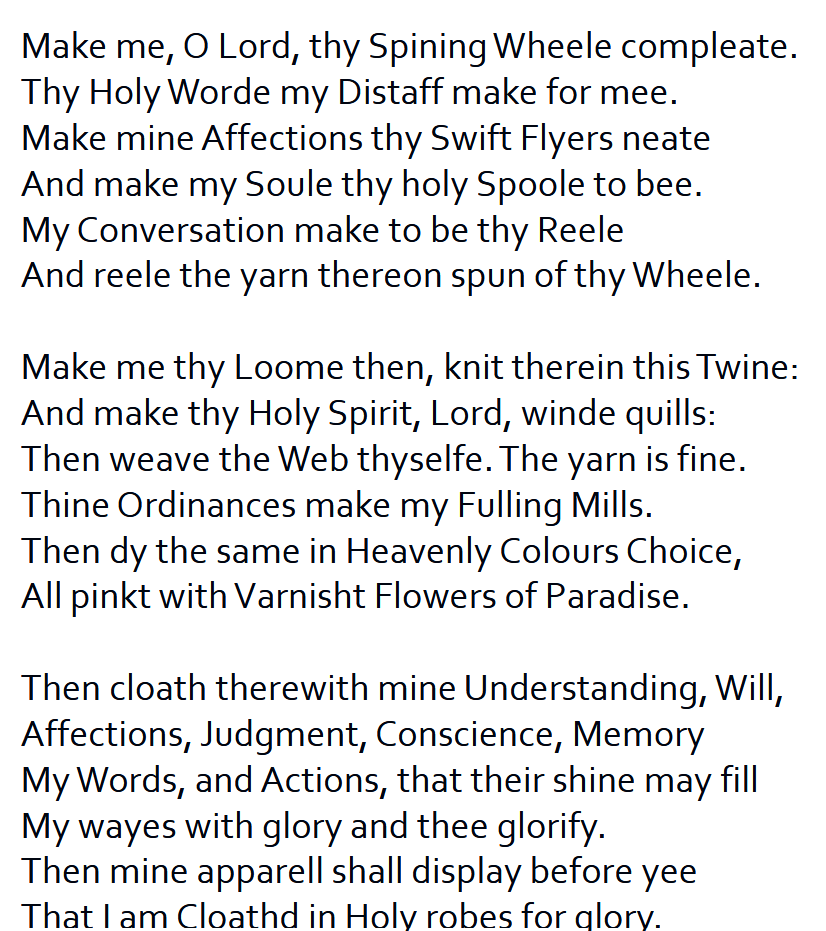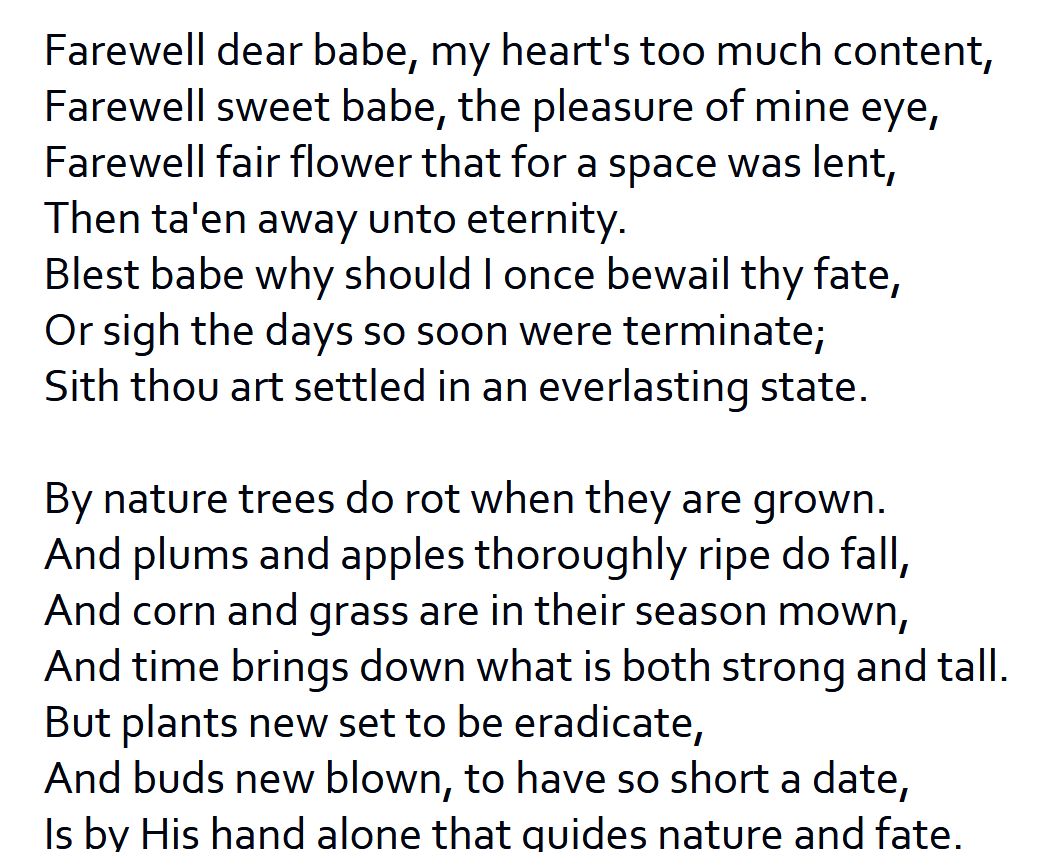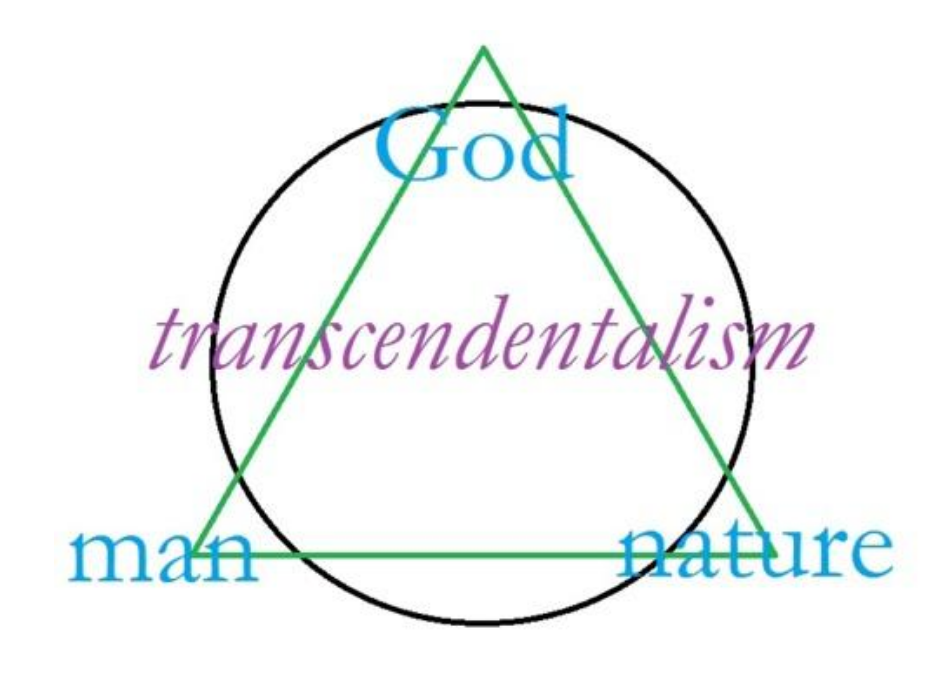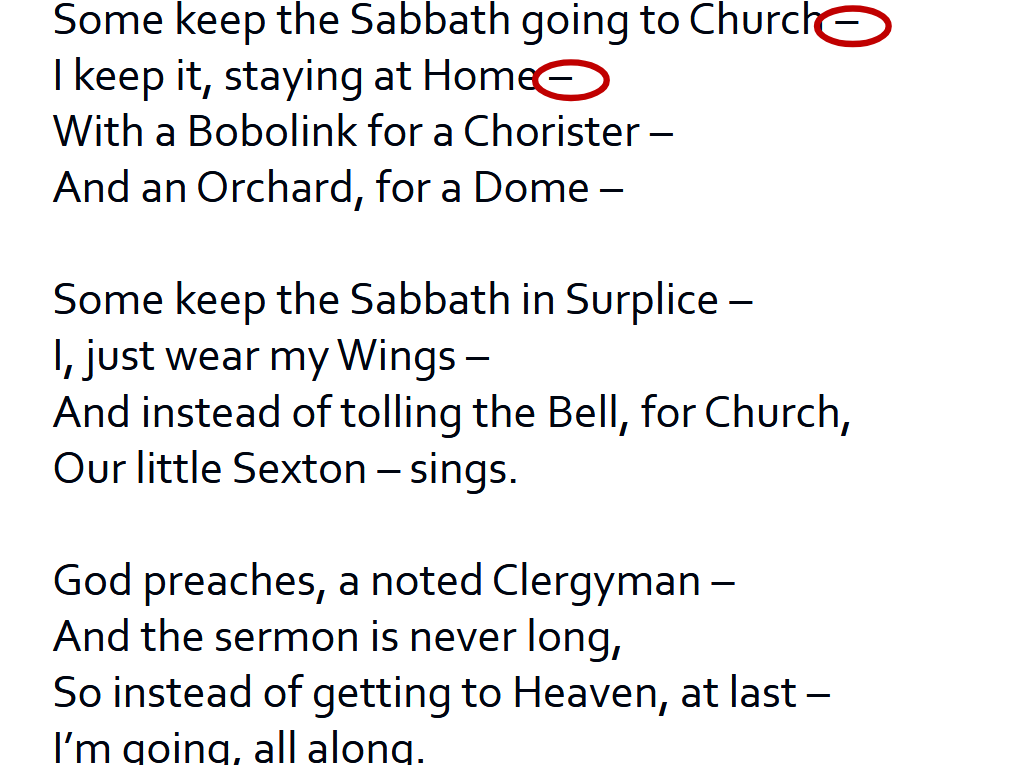Session 3: Puritanism and American Romanticism
1/30
There's no tags or description
Looks like no tags are added yet.
Name | Mastery | Learn | Test | Matching | Spaced | Call with Kai |
|---|
No analytics yet
Send a link to your students to track their progress
31 Terms
American Literature?
• Where do you begin: white settlers, white English settlers?
• What about Native American traditions? no written tradition, but oral traditions:storytelling, creation myths, songs: integral part of cultural identity, sharing knowledge over generations
• What happens if we simply forego them?
Question of canon, selection by instructor, textbooks/anthologies that allege to define what American literature is.
Every decision for one literary text is a decision against hundreds of others. That can’t be changed, but it’s important to be aware of!
Why is it important to look at Puritanism?
central to understanding the US even today:
civil religion, economy and work ethic, racial disparities, …
Reformation
Martin Luther, John Calvin: rejected core beliefs of Catholicism and the Roman church; two ideas are central to Puritanism
• the Bible is the highest authority – not the pope, bishop, priest; doing away with the church’s hierarchy
• every believer has a direct relationship with God
• Reformation in England: Anglican church retained many features of the Catholic church → Puritans desired to purify religion even further; faced religious prosecution
The Pilgrims
Religious separatists: Calvinists, left the Anglican Church to found a new covenant with God in “the new world”
• Arrived in Plymouth (Rock/Plantation) in
1620 on the Mayflower
• Governor of the colony: William
Bradford (until 1657); wrote Of Plymouth Plantation, describing thedeparture from Europe, the journey, the arrival, and early years of community
life
The Puritans
• Religious reformists who sought to reform the Anglican Church in hope of returning to England at some point, after having set an example as a model union in the new world
• Landed in Boston on the Arabella in 1630
• John Winthrop: one of the key intellectual and religious figures: “For we must consider that we shall be as a city upon a hill, the eyes of all people are upon us.
• Important question to reflect on regarding their departure to North America: were they being religiously prosecuted for dissenting or is there a settler colonialist/imperialist longing?
God’s chosen people must lead by example – but also the right to conquer and dominate others?
Core Ideas of Puritanism
Absolute Sovereignty (God is in control of everything
Human Depravity (original sin)
Predestination
Covenant Theology (alliance instituted by God of the Chosen/Elect people; must be kept by humans)
Individualism & Reading
Reading and Writing in Puritanism
• the Bible
• conversion narratives
• diaries and journals
• chronicling God’s work
• reading and writing to make sense of the world and discover signs of one’s chosenness
Edward Taylor
• 1642-1729
• born in England, arrived in 1668 in North America
• studied ministry at Harvard College
• served as a minister for almost fifty years
• wrote many sermons and/as poems
“Huswifery”: What is the central stylistic device?
conceit: elaborate, extended metaphor of the spinning wheel
a day to day activity, labour; important to Puritans

What is the speech situation in “Huswifery”?
speaker tries to speak directly to God, pleading/begging, like a prayer/sermon
very personal and religious tone
Puritan Ideals in “Huswifery”
personal connection to God
end goal: heaven
predestination: trust in God’s plan
Development in “Huswifery”
wool → yarn → cloth → holy robes (making it to heaven, from simpleness to perfection)
total dedication to religious life, surrender to God’s will
process of becoming worthy of being saved
Anne Bradstreet
• 1612-1672
• born in England, arrived in North America in 1630 (with John Winthrop)
• first female writer to be published in the British colonies in North America
tone/form in “In Memory of My Dear Grandchild Elizabeth Bradstreet”
an Elegy: in response to someone’s death: mourning, celebration, solace

form/ tone in In Memory of My Dear Grandchild Elizabeth Bradstreet
repetition of key phrases
simple language
regular rhyme scheme
two stanzas
tone shifts from sorrow to acceptance
tension and development in In Memory of My Dear Grandchild Elizabeth Bradstreet
doubting if grandchild’s death is fair
shows her doubt through nature, only implies it
return to her belief in the end: fate in God’s hands, was meant to happen → finds solace
Puritan ideas in In Memory of My Dear Grandchild Elizabeth Bradstreet
predestination
individualism: individual processing of loss
1775-1783
Revolutionary War
1776
Declaration of Independence
American Romanticism
Early National Period (1820-1865)
Emergence of self-awareness as American writers; national literature; first major literary movements that are genuinely American
• questioning Puritanism‘s focus on sin and an all-knowing God
• counter-movement to Enlightenment, which had focused on reason and thought
• Instead: intuition, feelings, subjective/individual truths
• celebration of American beauty and identity
A New Nation
• Who are we? What is our common culture? How can we establish an independent national mentality, culture, literature? → These are just some of the questions Americans of the Early National Period wrestled with
• Ralph Waldo Emerson’s essay “The American Scholar” (1838): calls for independence from England also in thought, ideas, expression; national self-reliance
• visual art to commemorate and celebrate the origin story/ies
Transcendentalist Movement
1836-1844
Intuition, inner sense of right and wrong; humans can intuitively transcend the limits of the senses and logic
non-conformity
self-reliance
importance of the individual
over-soul
importance of nature
(“Know thyself“ = “Study nature“)

American Renaissance
1850-1855
Birth of American literature – new forms emerge that reflect US values; many important/canonical writers and key texts; exploration of American topics, themes, setting
Walt Whitman
• 1819-1892
• 1855: first edition of Leaves of Grass – poetry collection → focus on/celebration of the ordinary (“leaves of grass” rather than “roses”)
• he would continuously revise and add to the volume
• Whitman often described as “the American Bard” – lasting influence in American literature, culture, popular culture
When I Heard the Learn’d Astronomer style and form
free verse, non-conforming
no end rhymes
different lenghts (way longer in the first stanza, represents lecture: long, tedious)

Transcendentalist Thought in When I Heard the Learn’d Astronomer
about nature
alone
gathering knowledge by exposing to nature
counter to enlightenment
mystical feelings > rationalism
source of satisfying knowledge: looking at the stars in silence → experience nature for true understanding, no need to measure it
Emily Dickinson
• 1830-1886, Amherst, MA
• most of her poetry was published posthumously
• Poems didn’t have titles, they were thus numbered
Form & Style Some keep the Sabbath going to Church – (236)
dashes are her signature
3 stanza
rhythm
structured

Lyrical I in Some keep the Sabbath going to Church – (236)
at home, in nature (Orchard)
prefers nature, does not want to go to Church → has access to God in nature
similar/superior experience at home
nature is already heaven like
her goal is the path that leads to heaven, not heaven itself
Transcendentalist Thought in Some keep the Sabbath going to Church – (236)
studying nature
individual connection to God
American Romanticism So Far
• emphasis on experiencing something directly and individually
• beauty and relevance of nature/the natural world
• stresses the union of God, humanity, and nature